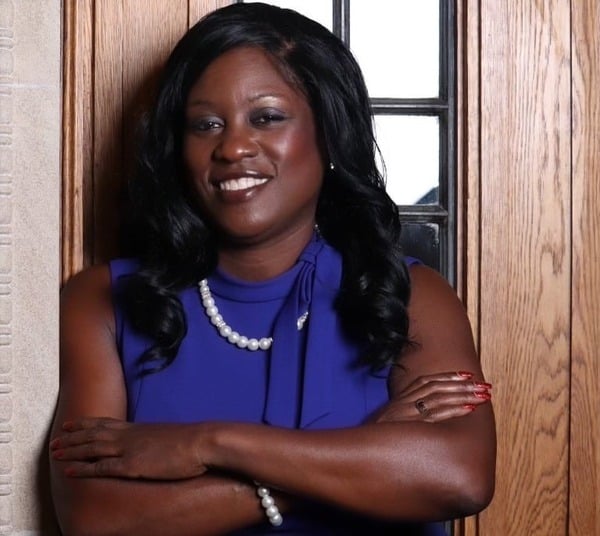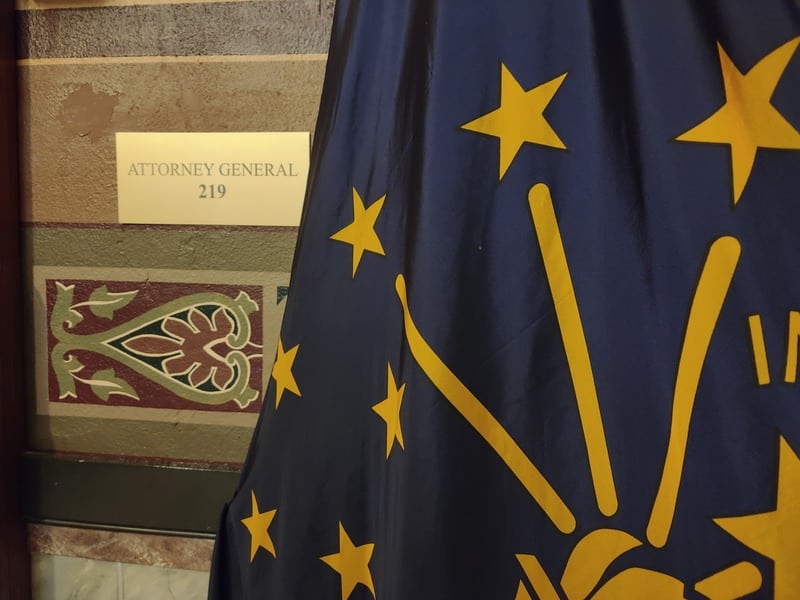Political appointees are much more pliant—and far less likely than judges to consider how the law applies to the facts.
Such ignorance in this case was Rokita’s friend.
That’s how his legal team was able to persuade a majority of the board to fine and reprimand Bernard without ever pointing out any specific way she violated the law.
If they’d tried to do that in court, there’s a decent chance Bernard’s lawyers would have rested without offering a defense and argued the prosecution hadn’t made its case.
His lawyers contended Bernard endangered her patient—a 10-year-old Ohio girl who had been raped and for whom the doctor performed an abortion that ended the pregnancy resulting from the rape—by not following the laws requiring doctors to report such crimes. They also said Bernard violated patient privacy laws by speaking to a reporter about the abortion, even though she did not identify the girl.
The board ruled unanimously that Bernard followed the proper reporting procedures. It turned out she even had a phone conference with Ohio law enforcement officials while arranging the procedure. What’s more, evidence collected from the abortion helped identify the girl’s attacker.
It was on the privacy charge that the licensing board grew confused.
Even though the details Bernard provided—the girl’s age, the state where she lived and how far along the pregnancy was—to an IndyStar reporter are not considered confidential patient information under privacy laws, the board somehow concluded that she had violated an apparently unwritten law. On a split vote, the board members decided to reprimand Bernard and fine her $3,000.
The board’s decision was curious.
If Bernard broke the law by revealing information the law does not prevent her nor any doctor from disclosing, then so does just about every article in The New England Journal of Medicine. The conclusion of the board members—at least of the ones who voted to punish her—was that she somehow should have known the story would generate great public attention and taken additional steps.
Doctors aren’t omniscient. It’s difficult to see how Bernard could have known that.
It’s even harder to argue plausibly that Bernard should have followed anything other than the law as written. One reason we have laws is that they limit guesswork by telling us what to do.
One suspects, though, that Rokita’s concern wasn’t with the law or the little girl.
If it was, he wouldn’t have charged ahead with the absurd argument that Bernard had endangered the young girl by not following proper reporting procedures. The Indiana attorney general knew the truth because he’d been in contact with his counterpart in Ohio and was frustrated that the Buckeye state wouldn’t manufacture a reason to prosecute the doctor.
No, what bothered Rokita is Bernard made him look foolish. She refused to let him use her as a punching bag.
When news of the abortion first broke, Rokita rushed to Fox News before he knew what actually had occurred. He condemned Bernard in terms so extreme Fox quickly disowned them. Then Rokita vowed to investigate her.
(It demonstrates the respect our attorney general has for the law that, with Bernard, he opted to convict first and investigate later.)
Bernard sued Rokita to stop him from defaming her. To derail that litigation, Rokita took his case to the medical licensing board—but not before a judge determined that the attorney general, not Bernard, had violated confidentiality laws.
The medical licensing board’s odd decision may delay any attempt by Bernard to renew her defamation suit—which may be one reason Rokita took the fight there. A majority of the board members were appointed by Republican governors.
Rokita, of course, is a Republican.
If Bernard appeals the decision in court and wins, she could renew her defamation suit. Then Rokita again might have to defend his indefensible conduct.
By the way, the attorney general’s lawyers argued that the judge’s determination that Rokita broke confidentiality laws should go unmentioned during the hearing.
To bring that up, Rokita’s team contended, would serve “only to impugn the office of attorney general.”
But Bernard never impugned that high office.
That’s what Todd Rokita has done.









